Are you tired of the harsh chemicals and strong smell that come with traditional chlorine pools? You’re not alone. Many pool owners have been searching for alternatives that are safer and more environmentally friendly. In 2024, there are several options available that can provide effective sanitation for your pool without the use of chlorine. From saltwater systems to UV-C light technology, there are innovative solutions on the market that offer a more enjoyable swimming experience. So, if you’re curious to discover the best chlorine alternatives for your pool, keep reading to find out how you can take your pool maintenance to the next level.
Key Takeaways
- Saltwater systems offer a low-maintenance and balanced pH solution for pool maintenance.
Mineral-based sanitizers use natural filtration and ionization technology to attract and neutralize bacteria and algae, reducing the need for chemical usage. - UV-C light technology eliminates the need for chlorine or other chemical sanitizers and effectively kills bacteria, viruses, and microorganisms.
- Hydrogen peroxide systems provide a powerful oxidizer that effectively kills bacteria, viruses, and algae, with no harmful byproducts or strong chlorine smell. However, proper handling, storage, and monitoring of hydrogen peroxide levels are necessary, and it is important to consider the cost and environmental impact.
Saltwater Systems

If you’re tired of dealing with the harsh chemicals and chlorine smell in your pool, a saltwater system might be the solution you’re looking for. Saltwater systems are becoming increasingly popular among pool owners due to their numerous benefits. One of the key advantages of a saltwater system is the ability to maintain a balanced pH level in your pool. Traditional chlorine pools often require frequent testing and adjustments to the pH balance, but with a saltwater system, the salt cell generates a constant supply of chlorine, which helps keep the pH level stable.
When it comes to maintenance requirements, saltwater systems are relatively low-maintenance compared to traditional chlorine pools. The salt cell in the system only needs to be cleaned periodically to remove any mineral buildup, and the salt levels in the pool need to be monitored and topped up occasionally. Additionally, the saltwater system requires less frequent shocking and chemical balancing, reducing the amount of time and effort needed for pool maintenance.
Mineral-Based Sanitizers
- When considering alternatives to chlorine for your pool, mineral-based sanitizers offer a viable option that can provide a more natural and gentle approach to maintaining water quality. These sanitizers utilize natural minerals and ionization technology to effectively sanitize your pool without the harsh chemicals associated with chlorine. Here are four key benefits of using mineral-based sanitizers:
- Natural Filtration: Mineral-based sanitizers use minerals like copper and silver to kill bacteria and algae, providing a more natural way to keep your pool clean. These minerals work by disrupting the cellular structure of microorganisms, preventing them from growing and multiplying.
- Ionization Technology: Mineral-based sanitizers also incorporate ionization technology, which releases positively charged ions into the water. These ions attract and bind with negatively charged particles, such as bacteria and algae, effectively neutralizing them and preventing their growth.
- Reduced Chemical Usage: Unlike chlorine, mineral-based sanitizers require minimal chemical additives. This means you can significantly reduce the amount of chemicals needed to maintain your pool, creating a safer and healthier swimming environment for you and your family.
- Gentle on Skin and Eyes: Chlorine can cause skin and eye irritation, especially for individuals with sensitive skin. Mineral-based sanitizers, on the other hand, are generally gentler and less likely to cause irritation or dryness, making them a great option for those with sensitive skin or allergies.
UV-C Light Technology
Have you ever considered using UV-C light technology as an alternative to chlorine for your pool? With the growing interest in eco-friendly and chemical-free pool sanitation methods, UV-C light technology has emerged as a promising option. UV-C light is a form of ultraviolet light that effectively kills bacteria, viruses, and other microorganisms, making it a powerful tool for pool sanitization.
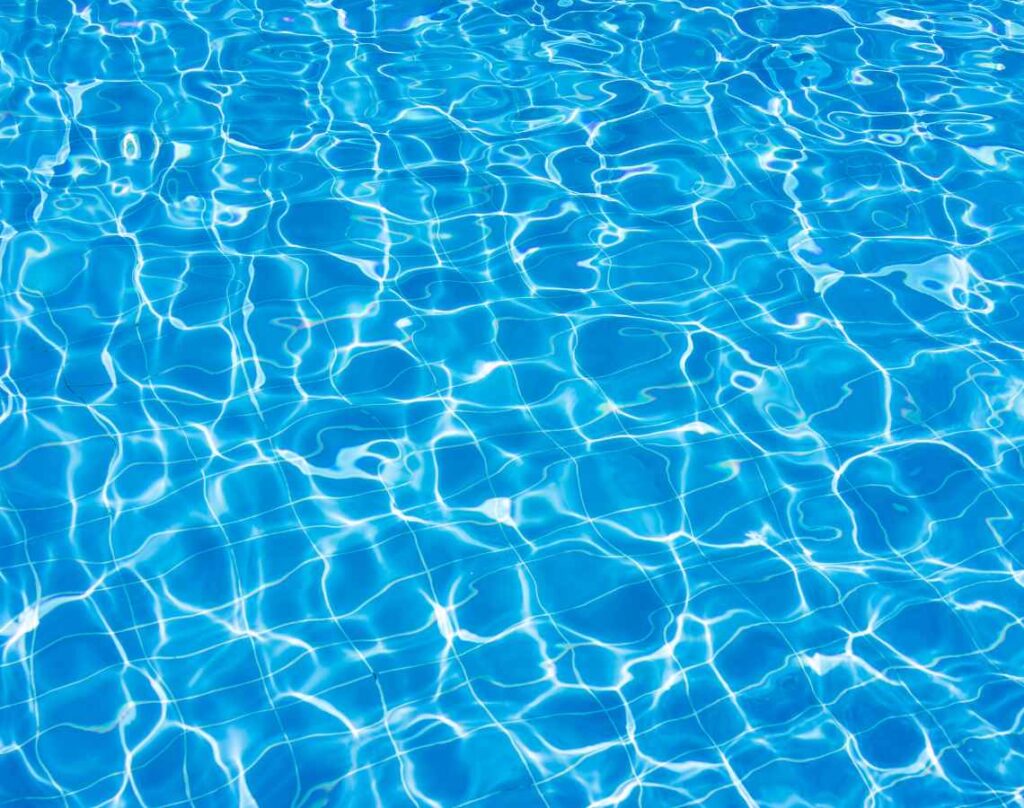
One of the main advantages of UV-C light technology is that it eliminates the need for chlorine or other chemical sanitizers. This means that you can enjoy a swim without the unpleasant smell or potential skin and eye irritations caused by chlorine. Additionally, UV-C light does not produce harmful disinfection byproducts, making it a safer option for both humans and the environment.
However, it’s important to note that UV-C light technology is not without its limitations. One of the main challenges is that UV-C light is only effective at killing microorganisms that are directly exposed to the light. This means that it may not be as effective in areas with poor circulation or where debris can block the light. To overcome this, some pool owners choose to combine UV-C light technology with a secondary sanitizer, such as ozone or hydrogen peroxide, to ensure comprehensive pool sanitation.
In terms of the latest innovations in UV-C light technology for pool sanitization, there have been significant advancements. Manufacturers are now offering UV-C light systems that are more compact, energy-efficient, and easier to install and maintain. Some systems even come with features like automatic shut-off sensors and remote monitoring capabilities, allowing for more convenient and efficient pool maintenance.
Ozone Generators
Ozone generators offer an effective and environmentally friendly alternative to chlorine for pool sanitization. Here are some key points to consider about ozone generators:
- Ozone Safety: Ozone is a powerful oxidant that can effectively kill bacteria, viruses, and other pathogens in your pool. However, it is important to handle ozone with caution. Ozone gas can be harmful if inhaled, so it is crucial to ensure proper ventilation and avoid direct exposure to ozone. Additionally, ozone can cause skin and eye irritation if the levels are too high. Regular monitoring of ozone levels and following safety guidelines is essential to maintain a safe swimming environment.
- Ozone Maintenance: Ozone generators require regular maintenance to ensure optimal performance. This includes cleaning the ozone generator cell, checking and replacing ozone generator parts as needed, and monitoring ozone levels. It is also important to maintain proper water chemistry and filtration to support the effectiveness of ozone sanitization. Regular testing of ozone levels and adjusting the ozone generator settings accordingly will help maintain a clean and safe pool.
- Cost and Energy Efficiency: Ozone generators may require an initial investment, but they can save you money in the long run. Unlike chlorine, ozone does not need to be continuously added to the pool, reducing the need for chemical purchases. Ozone generators also consume less energy compared to traditional chlorine systems, resulting in lower electricity bills.
- Environmental Benefits: Ozone generators provide a more environmentally friendly alternative to chlorine. Ozone is a natural and non-toxic disinfectant that does not produce harmful byproducts. It breaks down into oxygen, leaving no residual chemicals in the pool water. By using ozone, you can reduce your carbon footprint and contribute to a healthier ecosystem.
Hydrogen Peroxide Systems
Hydrogen peroxide systems offer a viable alternative to chlorine for pool sanitization. These systems use hydrogen peroxide, a powerful oxidizer, to kill bacteria, viruses, and algae in your pool water. One of the main advantages of hydrogen peroxide systems is that they do not produce harmful byproducts like chloramines, which are responsible for the strong chlorine smell and can irritate swimmers’ eyes and skin. Additionally, hydrogen peroxide is environmentally friendly and breaks down into water and oxygen, making it safe for the environment.
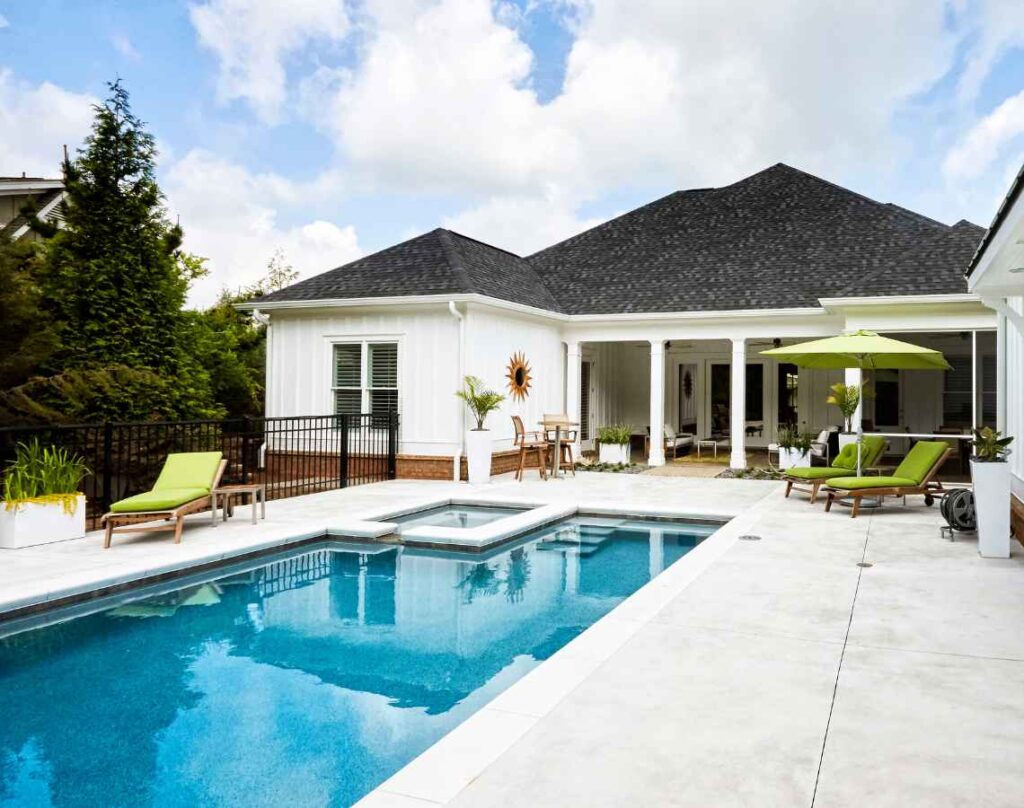
However, there are some drawbacks to using hydrogen peroxide systems for pool sanitation. First, hydrogen peroxide is less stable than chlorine, which means it may require more frequent monitoring and adjustments to maintain proper levels. It is important to regularly test the hydrogen peroxide levels in your pool and adjust as needed to ensure effective sanitization. Another consideration is that hydrogen peroxide can be more expensive than chlorine, especially for larger pools.
To properly maintain and balance hydrogen peroxide levels in your pool, it is recommended to test the water at least once a week using a hydrogen peroxide test kit. The ideal hydrogen peroxide level for pool sanitation is between 30 and 50 parts per million (ppm). If the levels are too low, you can add hydrogen peroxide to raise them. On the other hand, if the levels are too high, you can dilute the water or add a hydrogen peroxide neutralizer.
Frequently Asked Questions
What Are the Potential Health Risks Associated With Using Saltwater Systems?
Using saltwater systems for your pool can have potential long-term effects and safety concerns. It’s important to be aware of the potential health risks, such as skin and eye irritation, and to take necessary precautions to ensure a safe swimming environment.
How Effective Are Mineral-Based Sanitizers in Preventing Algae Growth?
Mineral-based sanitizers, such as copper ionizers, are effective at preventing algae growth in your pool. These alternatives offer the benefits of using natural enzymes, which help maintain a clean and healthy swimming environment.
Can UV-C Light Technology Be Used in Combination With Chlorine to Improve Water Quality?
You can improve water quality by using UV-C light technology in combination with chlorine. This combination can effectively sanitize your pool and prevent algae growth, providing a safer and cleaner swimming experience.
Are Ozone Generators Environmentally Friendly and Energy-Efficient?
Ozone generators are environmentally friendly and energy-efficient. They have a positive impact on water quality by effectively eliminating bacteria and other contaminants. When comparing ozone generators to other chlorine alternatives, they offer a practical solution for maintaining a clean and healthy pool.
How Does the Use of Hydrogen Peroxide Systems Impact the Ph Level of the Pool Water?
Using hydrogen peroxide systems in your pool is effective in killing bacteria, but it may impact the pH level of the water. It’s important to monitor and adjust the pH as needed to maintain water clarity and safety.

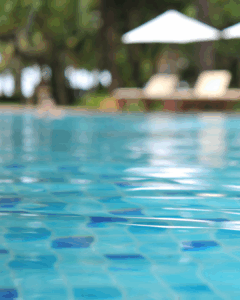

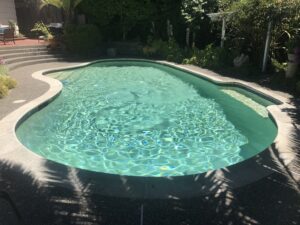
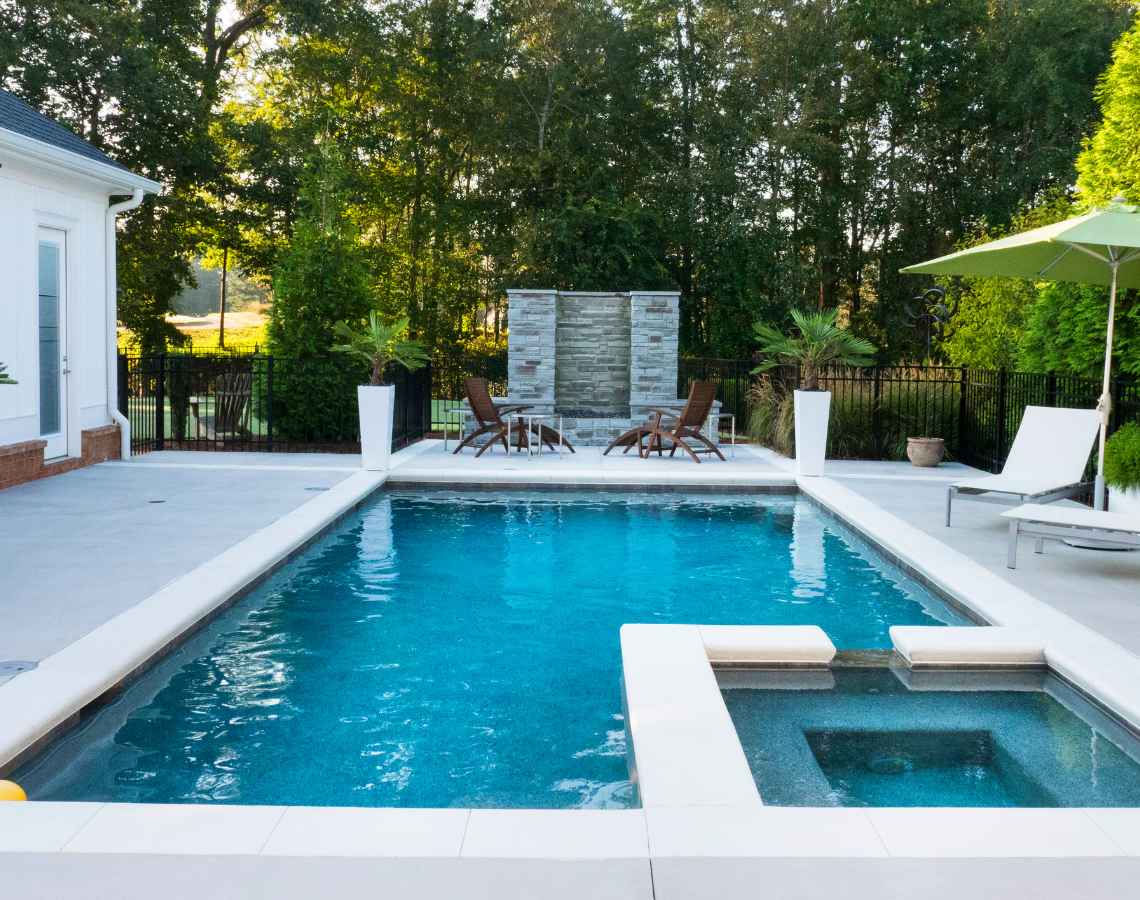

 Alex Cota
Alex Cota  Sophie Pekic
Sophie Pekic Rudy Reyes
Rudy Reyes  Mark Harlan
Mark Harlan Kevin Hall
Kevin Hall 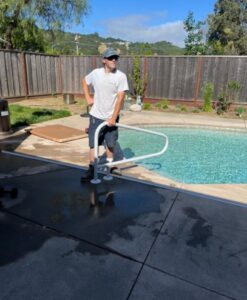 Howard (Howie) Van Lare
Howard (Howie) Van Lare  Chris Cavalerro
Chris Cavalerro 

 Betty Garmendina
Betty Garmendina George Wallace
George Wallace Zach Zastrow
Zach Zastrow Jorge Salazar Bernal
Jorge Salazar Bernal Mike Watson
Mike Watson Jane Ciuchta – Hired 2015
Jane Ciuchta – Hired 2015 Bruce Muir – Hired 2020
Bruce Muir – Hired 2020 David-Metzger – Hired 2014
David-Metzger – Hired 2014 Robin Clarke – Hired 2019
Robin Clarke – Hired 2019 Maddi Davidson – Hired 2022
Maddi Davidson – Hired 2022 John Albachten – Hired 2015
John Albachten – Hired 2015 Jay Bergmann – Hired 2023
Jay Bergmann – Hired 2023 Summer Venegas – Hired 2017
Summer Venegas – Hired 2017 Rebecca Jones – Hired 2015
Rebecca Jones – Hired 2015 Jane Doe – Hired 2014
Jane Doe – Hired 2014